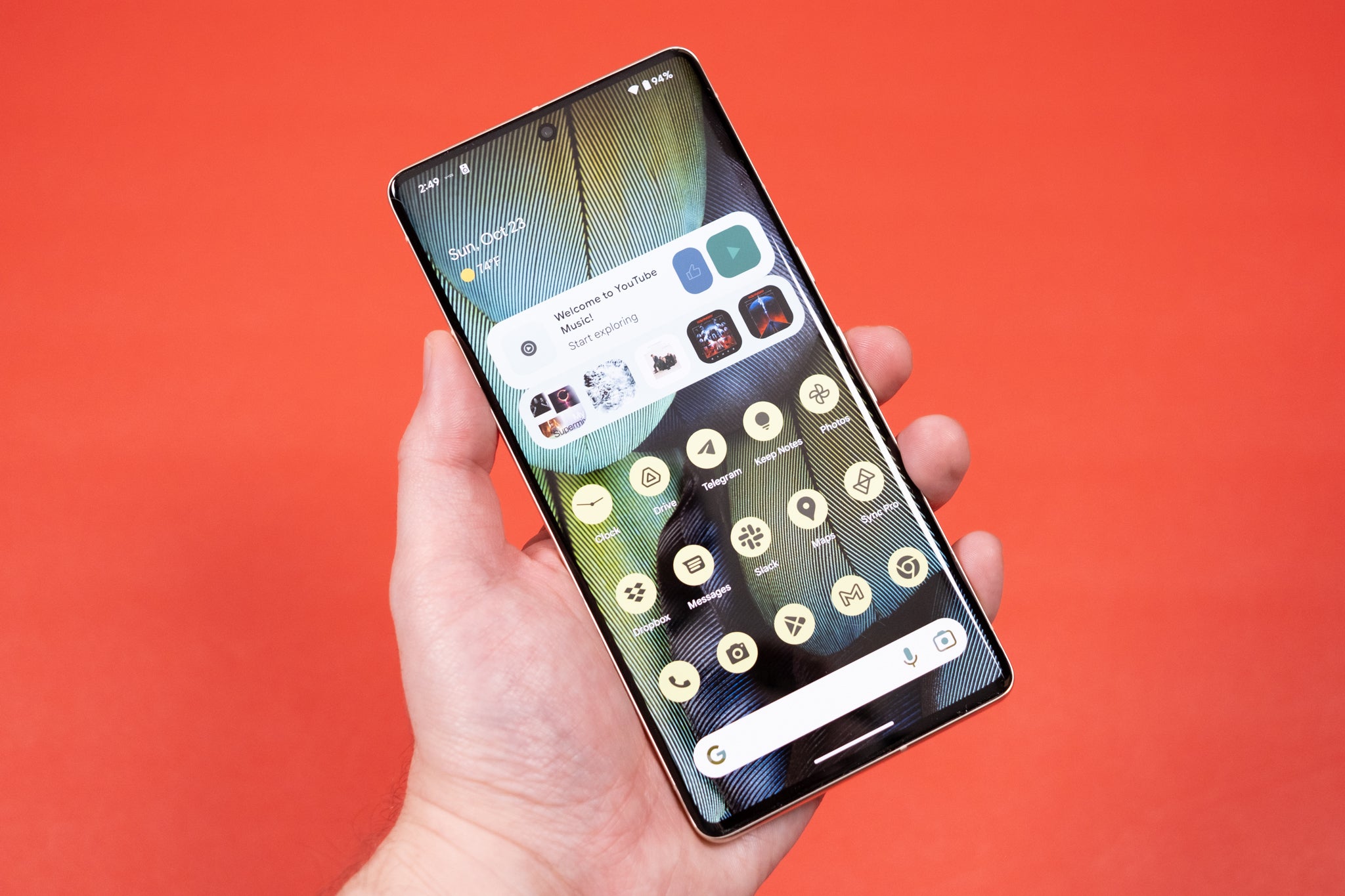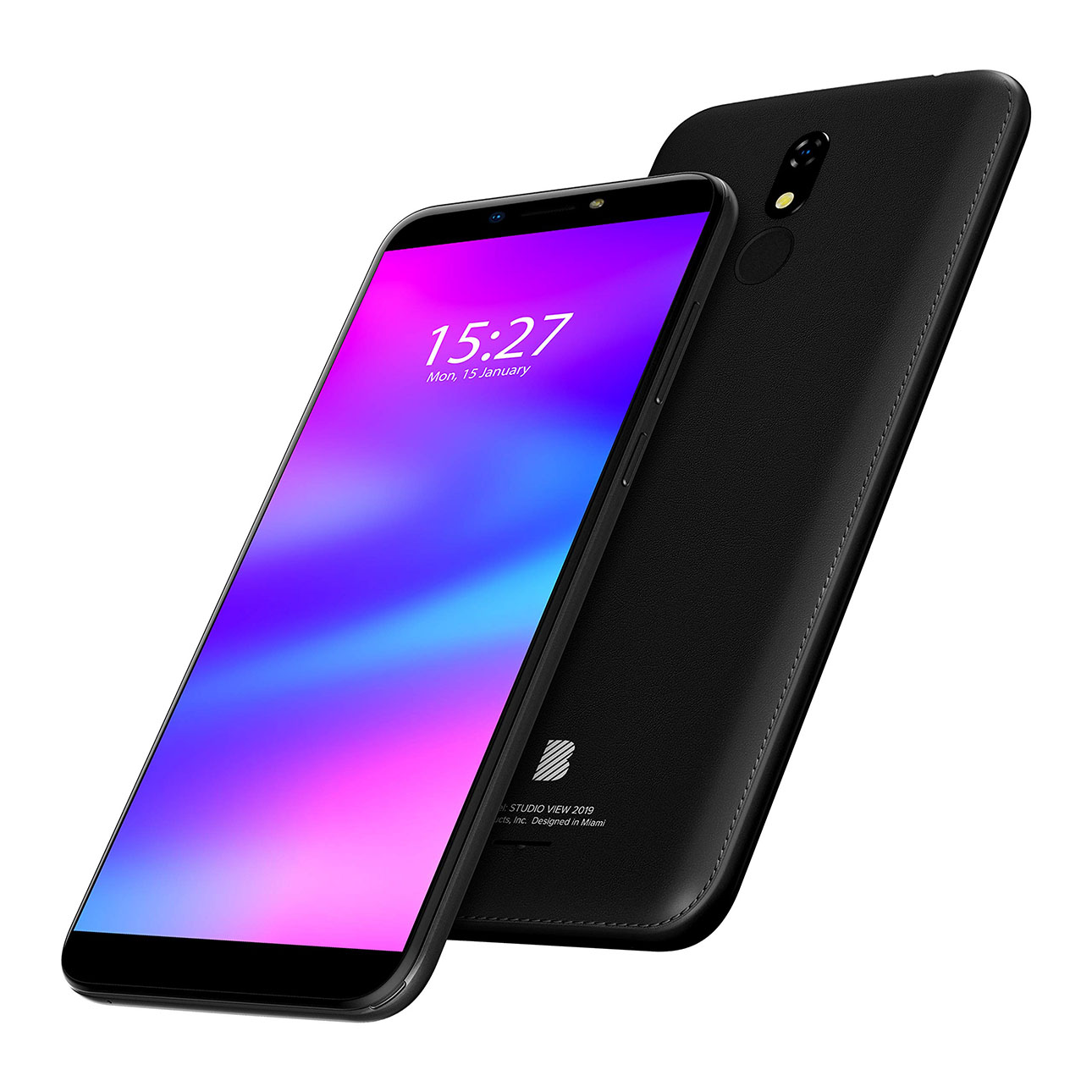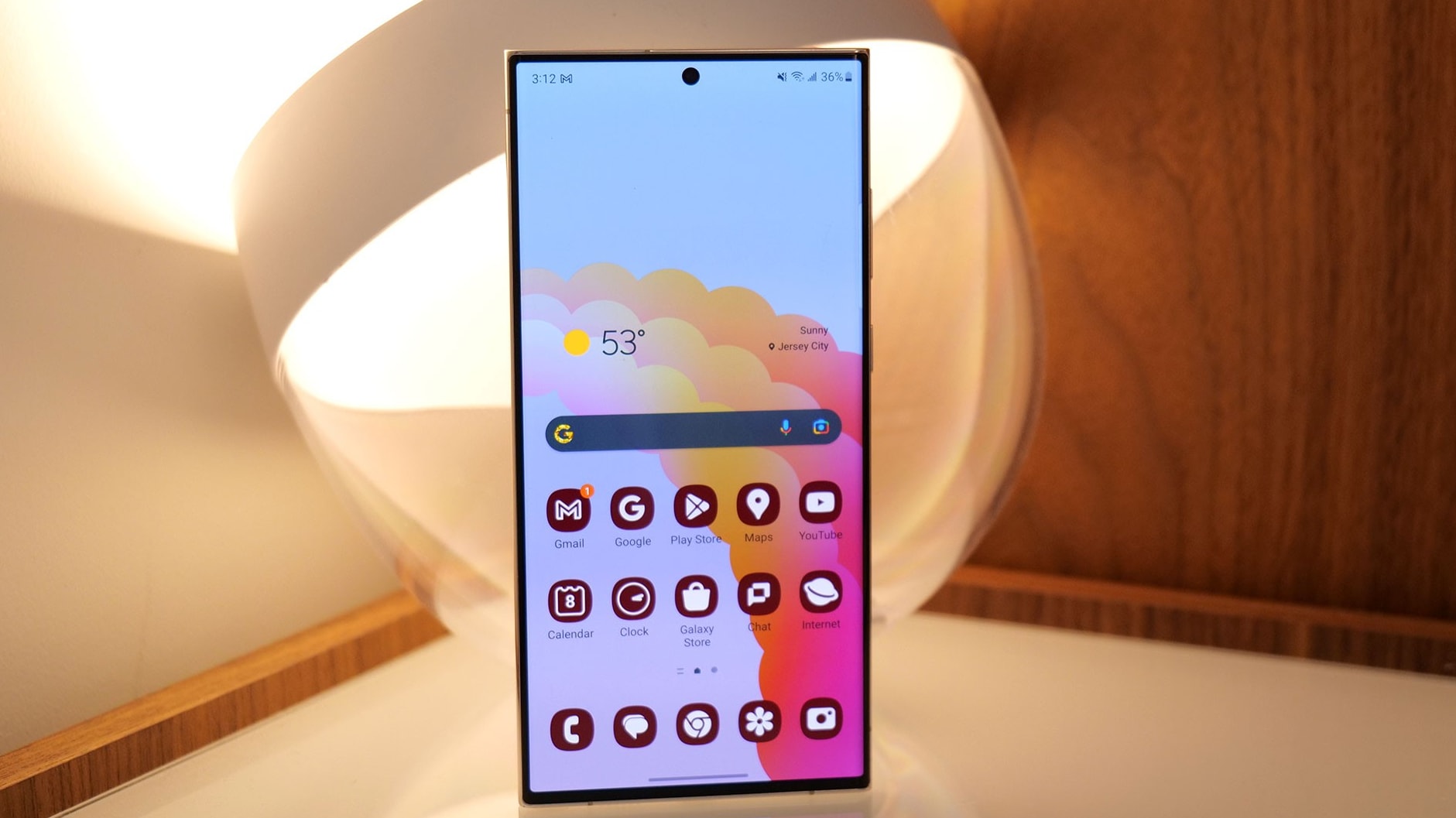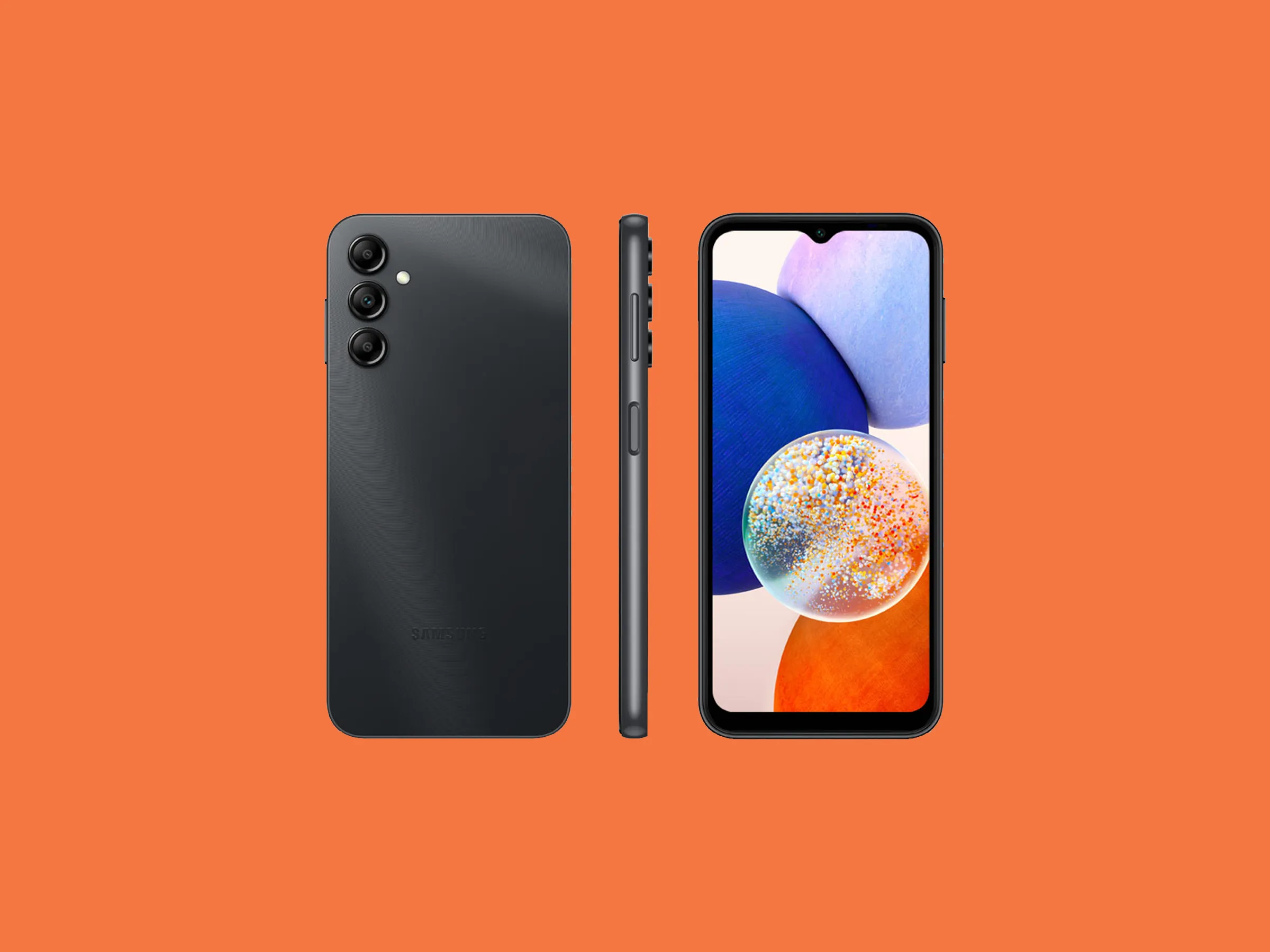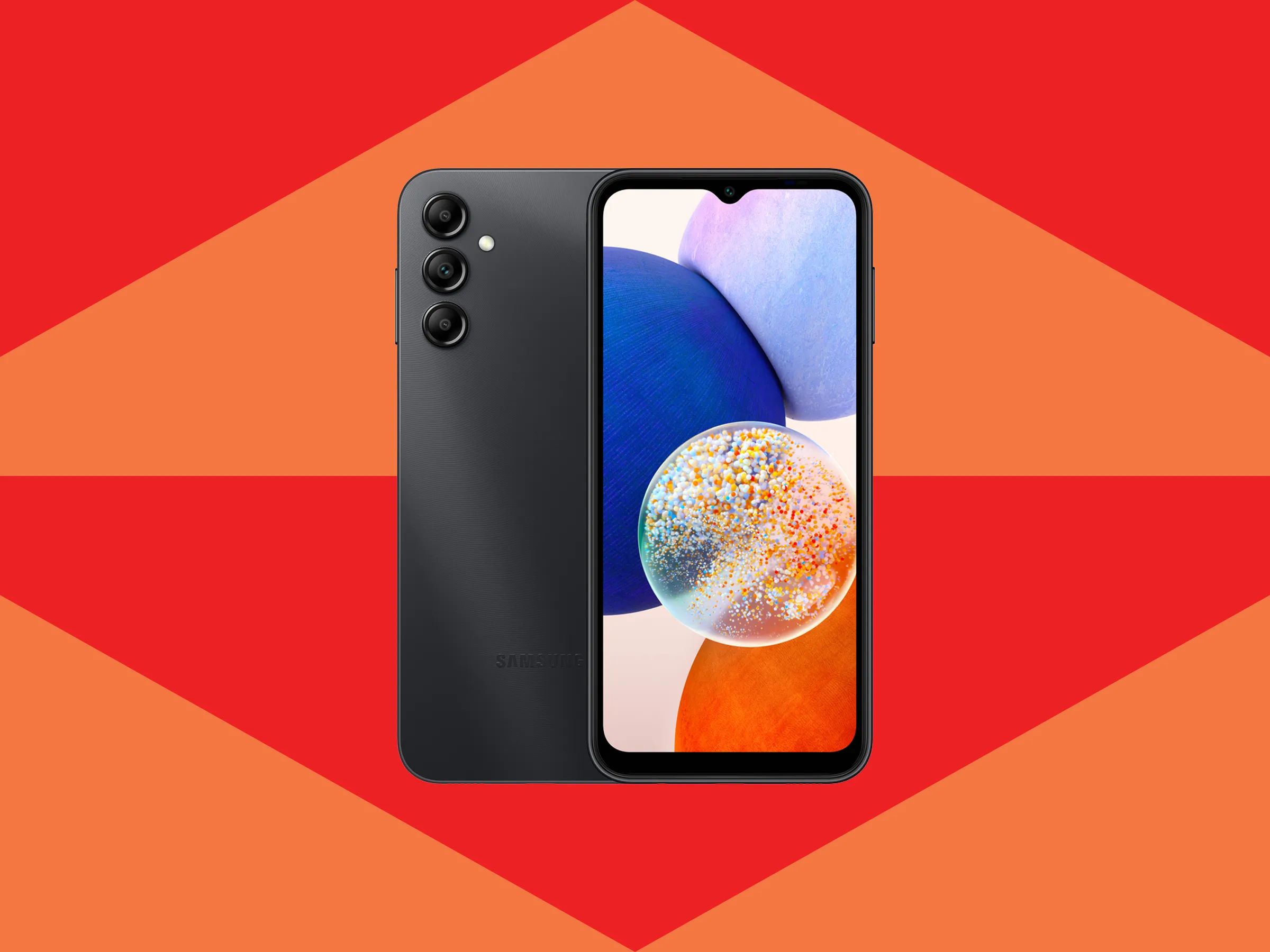Introduction
When it comes to mobile phones, there are many crucial components that contribute to their functionality and performance. One of the key components that plays a vital role in the smooth operation of a mobile device is RAM, which stands for Random Access Memory. RAM is a type of volatile memory that stores data and instructions that are actively used by the device’s processor.
RAM serves as a temporary workspace for the operating system, applications, and various processes running on a mobile phone. It allows for speedy access to data and plays a crucial role in multitasking, app execution, and overall device performance.
Understanding the use of RAM in mobile phones is essential for both tech enthusiasts and everyday users. In this article, we will explore the importance of RAM in mobile phones, its impact on multitasking, app execution, performance, and battery life. By delving into these aspects, we will gain a better understanding of why RAM is such a critical component in modern smartphones.
What is RAM?
Before we delve into the importance of RAM in mobile phones, it’s essential to understand what RAM actually is. RAM, or Random Access Memory, is a type of volatile memory that is used by a device’s processor to store and access data temporarily. Unlike permanent storage such as the device’s internal storage or an SD card, RAM is designed to be fast and provide quick access to data that the device’s processor needs to work with.
In simple terms, RAM is like a workspace for your mobile phone’s operating system, applications, and processes. It allows for efficient storage and retrieval of data and instructions that are actively being used by the device at any given time.
RAM operates on a random access principle, meaning that any data stored in RAM can be accessed in any order and without having to sequentially retrieve data from the beginning. This results in faster data access times and improved performance for the device.
It’s important to note that RAM is different from the device’s permanent storage, such as internal memory or an SD card. While permanent storage is used for long-term data storage, RAM is used for temporary storage while the device is powered on. When the device is turned off, the data stored in RAM is cleared, and the device starts fresh the next time it is powered on. This is why it is referred to as volatile memory.
Overall, RAM can be seen as a crucial component in mobile phones because it enables efficient multitasking, quick app execution, and optimal device performance. Without sufficient RAM, a mobile phone may struggle to handle multiple tasks and applications simultaneously, leading to slowdowns, lag, and a subpar user experience.
Why is RAM important in mobile phones?
RAM plays a critical role in the smooth operation of mobile phones. Its importance in mobile devices can be attributed to several key factors:
Multitasking: Mobile phones have become powerful devices capable of running multiple applications simultaneously. RAM allows for efficient multitasking by providing the necessary memory space for the operating system and applications to run concurrently. With sufficient RAM, users can switch between apps seamlessly without experiencing lag or slowdowns.
Running apps and processes: RAM is responsible for storing the data and instructions required by running applications and processes. When an app is launched, it is loaded into RAM, allowing for quick and easy access to its data. The more RAM a device has, the more apps and processes it can accommodate without significantly affecting performance.
Performance and speed: RAM directly influences the performance and speed of a mobile phone. Ample RAM ensures that the device’s processor has sufficient space to store and access the data it needs to execute tasks quickly. It results in smoother animations, faster app loading times, and overall snappier performance.
Smooth gaming experience: Gaming on mobile phones has become increasingly popular, with more and more demanding games being developed for mobile platforms. RAM plays a crucial role in ensuring a smooth gaming experience by providing the necessary memory for game data, graphics, and other resources. Insufficient RAM can lead to game crashes, frame drops, and overall subpar gaming performance.
Optimal app performance: RAM is also crucial for app developers to create feature-rich and resource-intensive applications. Apps with advanced functionalities and graphics-heavy interfaces require significant memory resources to function optimally. Devices with ample RAM can provide a better experience for running these types of apps.
In summary, RAM is of utmost importance in mobile phones as it enables multitasking, efficient app execution, optimal performance, and a seamless user experience. When considering a mobile phone purchase, it is essential to take into account the amount of RAM the device offers to ensure it meets your specific needs and usage patterns.
Multitasking
One of the key reasons why RAM is important in mobile phones is its role in enabling multitasking capabilities. With the increasing demands placed on mobile devices, users now expect the ability to switch between multiple apps seamlessly without any slowdowns or lag.
RAM plays a crucial role in multitasking by providing the necessary memory space for the device’s operating system and running applications. When you open an app on your phone, it is loaded into RAM, allowing for quick access to its data and resources. This enables you to navigate between different apps smoothly and carry out various tasks concurrently.
Without sufficient RAM, multitasking performance can suffer. When the available RAM becomes limited, the device may need to close background processes or reload apps from scratch when switching between them. This can result in delays, sluggishness, and an overall unpleasant user experience.
For example, suppose you are browsing the web and decide to switch to your messaging app to reply to a message. With ample RAM, the messaging app will remain open in the background, retaining its current state. When you switch back to the app, it will instantly resume where you left off. However, if your device has low RAM, the messaging app may close in the background, requiring it to reload when you return, resulting in delays and lost progress.
Furthermore, multitasking extends beyond simply switching between apps. RAM is also crucial for running multiple processes simultaneously. This includes activities such as streaming music while browsing the web, downloading files in the background, or running navigation apps while taking a phone call.
In summary, sufficient RAM ensures that a mobile phone can handle multitasking efficiently. It allows for smooth app switching, seamless transitions between tasks, and the ability to run multiple processes simultaneously. When considering a mobile phone purchase, paying attention to the amount of RAM it offers is crucial for a satisfactory multitasking experience.
Running apps and processes
In addition to enabling smooth multitasking, another crucial role of RAM in mobile phones is its ability to handle running apps and processes. When you open an app on your mobile device, it requires a certain amount of memory to store data and execute tasks. This is where RAM comes into play.
When an app is launched, it is loaded into RAM, allowing for quick access to its data and resources. The more RAM a device has, the more apps it can accommodate without compromising performance. With ample RAM, you can run multiple apps simultaneously and switch between them without experiencing significant lag or delays.
RAM is particularly important for resource-intensive apps such as video editing tools, graphic design software, or augmented reality apps. These types of applications require a large amount of memory to store and process data in real-time. Without sufficient RAM, these apps may struggle to function properly or may not even run at all.
Furthermore, RAM is not only essential for running apps, but it also supports background processes that help keep your device running smoothly. These processes include system tasks, push notifications, automatic updates, and synchronization with cloud services. RAM provides the necessary space for these background processes to run efficiently without interfering with the foreground tasks.
Insufficient RAM can result in limitations such as apps crashing, slow response times, and an overall sluggish performance. For example, if your device’s RAM is overcrowded, it may need to close background processes constantly to free up memory for the running apps. This can lead to interruptions in important tasks such as downloads, uploads, or time-sensitive notifications.
Having an adequate amount of RAM ensures that your mobile phone can handle running apps and processes smoothly. It allows you to have multiple apps running simultaneously, without sacrificing performance or encountering unnecessary disruptions. When choosing a mobile device, it is crucial to consider the amount of RAM it offers, especially if you use resource-intensive apps or rely on constant background processes.
Performance and speed
RAM plays a crucial role in determining the performance and speed of a mobile phone. It directly impacts how quickly apps load, how smoothly they run, and how responsive the device is to user interactions.
When you open an app on your mobile phone, it needs to retrieve data and resources from the storage to execute tasks. With sufficient RAM, the app’s data can be quickly loaded into memory, allowing for faster access and execution. This results in snappier app performance, reduced loading times, and smoother user interactions.
Insufficient RAM, on the other hand, can lead to performance bottlenecks and slowdowns. When the available RAM becomes limited, the device may start using virtual memory, which is significantly slower than physical RAM. This can cause delays when accessing data, resulting in laggy app performance and slower overall device responsiveness.
Furthermore, RAM also affects device performance in terms of multitasking capabilities. If a device has limited RAM, it may struggle to handle multiple apps running simultaneously. This can lead to apps freezing, crashing, or being forced to reload when switching between them. With more RAM, the device can efficiently handle multiple tasks and apps, providing a smoother and more seamless multitasking experience.
In addition to app and multitasking performance, RAM also influences the performance of resource-intensive activities such as gaming and multimedia-related tasks. Games with high-resolution graphics and demanding processing requirements rely on ample RAM to store and access game data, textures, and other resources. With more RAM, you can enjoy smoother gameplay, faster loading times, and reduced frame drops.
Similarly, activities such as video editing, photo manipulation, and streaming high-definition content benefit from a device with sufficient RAM. Ample memory ensures that the device can handle the processing demands of these tasks without sacrificing performance or encountering slowdowns.
In summary, RAM is a critical factor in determining the performance and speed of a mobile phone. With sufficient RAM, you can enjoy faster app loading times, smoother multitasking, improved gaming experiences, and overall snappier device responsiveness. When evaluating mobile phone options, it’s important to consider the amount of RAM available to ensure optimal performance based on your usage requirements.
How much RAM do mobile phones need?
The amount of RAM needed in a mobile phone depends on various factors, including the operating system, user requirements, and intended usage patterns. Different users have different needs, so there isn’t a one-size-fits-all answer to how much RAM a mobile phone should have. However, there are general guidelines to consider.
For users who primarily use their phones for basic tasks like web browsing, social media, and messaging, a device with 2GB to 4GB of RAM is usually sufficient. This range provides enough memory to handle these tasks smoothly without encountering significant performance issues or lag.
For moderate usage, such as running productivity apps, casual gaming, and multitasking between several applications, a device with 4GB to 6GB of RAM is recommended. This amount of RAM offers enough headroom to comfortably handle these activities with minimal slowdowns or app reloads.
For power users, heavy multitaskers, and those who use resource-intensive applications, a mobile phone with 8GB or more of RAM is ideal. This higher amount of RAM ensures seamless multitasking, smooth app switching, and optimal performance for demanding tasks such as gaming, video editing, or running complex software.
It’s important to note that while having more RAM can potentially improve performance, there are diminishing returns once you reach a certain threshold. For example, going from 4GB to 8GB of RAM may provide a noticeable difference, but going from 8GB to 12GB may not have as significant of an impact on everyday usage.
Additionally, the efficiency of the mobile phone’s operating system and the optimization of the apps being used also play a role in determining how much RAM is needed. For instance, devices running lightweight operating systems or highly optimized apps may be able to offer smoother performance with lower RAM capacity compared to devices with heavier operating systems and less optimized apps.
In summary, the amount of RAM needed in a mobile phone depends on the user’s specific requirements and usage patterns. For basic tasks, 2GB to 4GB of RAM is sufficient, while moderate usage may require 4GB to 6GB. For power users and heavy multitaskers, 8GB or more of RAM ensures optimal performance. However, it’s essential to consider the overall device optimization and software efficiency to ensure a smooth user experience.
The impact of RAM on battery life
RAM has a significant impact on the battery life of mobile phones, although it is often overlooked compared to other factors such as screen brightness or active data connections. The amount of RAM a device has can affect power consumption in several ways.
Firstly, having more RAM requires more power to keep it active and maintain the stored data. When an app or process is running in the background, it needs to be stored in RAM to quickly resume when needed. Therefore, if a device has a larger RAM capacity, it will consume more power to keep the RAM active even when the device is in standby or idle mode.
On the other hand, insufficient RAM can also impact battery life. When a device runs out of available RAM, it may need to rely on virtual memory or use additional storage space to accommodate the excess data. This process, known as “paging” or “swapping,” requires more power as the device needs to retrieve data from storage, resulting in increased power consumption.
Another aspect to consider is the impact of RAM on multitasking. With more RAM, a mobile phone can handle running multiple apps simultaneously. However, running numerous apps in the background can also lead to increased power consumption. Each app consumes some amount of RAM, and having several apps running at once can put a strain on the device’s battery, especially if these apps are actively syncing or using network resources.
Furthermore, the efficiency of the operating system and the apps themselves also play a role in determining the impact of RAM on battery life. Well-optimized apps and efficient resource management by the operating system can minimize the power consumption associated with RAM usage. Conversely, poorly optimized apps or operating systems that do not efficiently manage RAM can result in unnecessary power drain.
It’s important to note that while RAM does have an impact on battery life, it is not the sole determinant. Factors such as screen brightness, network connectivity, usage patterns, and device hardware also contribute to power consumption. Balancing the need for sufficient RAM with battery life considerations is crucial, and finding the right balance depends on individual preferences and priorities.
In summary, RAM does have an impact on battery life in mobile phones. While having more RAM can result in increased power consumption to keep it active, insufficient RAM can also lead to power drain due to paging or swapping processes. Optimized software and efficient resource management play a crucial role in minimizing the impact of RAM on battery life. Ultimately, finding the optimal balance between sufficient RAM and efficient power usage is essential to achieve both optimal performance and battery longevity.
Conclusion
RAM plays a crucial role in the functionality, performance, and user experience of mobile phones. It serves as temporary storage for data and instructions actively used by the device’s processor, enabling seamless multitasking, smooth app execution, and optimal performance.
Understanding the importance of RAM in mobile phones is essential for users looking to make informed purchasing decisions. The amount of RAM a device has directly impacts its multitasking capabilities, the smoothness of running apps and processes, overall performance, and speed.
For basic tasks and casual usage, devices with 2GB to 4GB of RAM are generally sufficient. Users who engage in moderate multitasking, gaming, or resource-intensive applications may benefit from devices with 4GB to 6GB of RAM. Power users, heavy multitaskers, or those who use advanced software would benefit from devices with 8GB or more of RAM.
It’s important to note that while RAM is crucial, a well-optimized operating system, efficient software, and overall device optimization also play significant roles in determining overall performance and user experience.
RAM also impacts battery life. Having more RAM can result in increased power consumption, but insufficient RAM can lead to unnecessary power drain due to paging or swapping processes. Finding the right balance is essential, and efficiency in software and resource management are key in minimizing the impact on battery life.
In conclusion, RAM is a vital component in mobile phones that directly influences multitasking capabilities, app execution, performance, and battery life. Understanding your usage requirements and prioritizing the appropriate amount of RAM will ensure a smooth and enjoyable mobile phone experience. Whether you’re a casual user, a moderate multitasker, or a power user, having the right amount of RAM will enhance your device’s performance and optimize your overall user experience.









